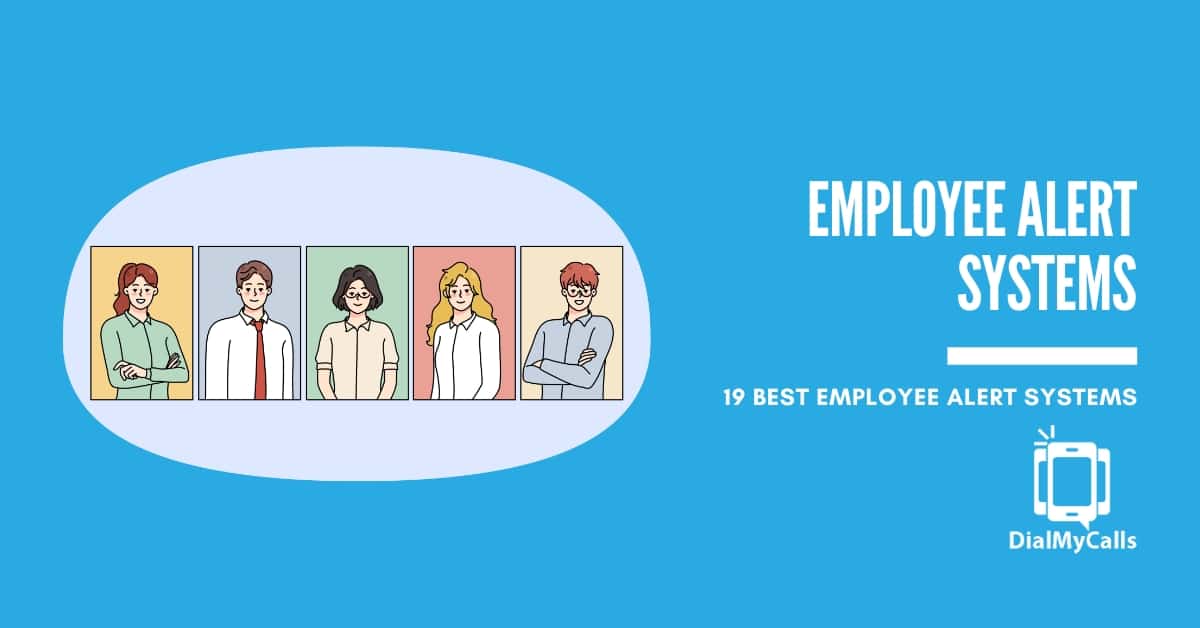Try Using DialMyCalls Right Now
Start For FreeRecent Posts
Categories
“I am a youth minister and have spent hours in the past calling students individually to remind them of an upcoming event or to get out an urgent announcement. With DialMyCalls.com, I cut that time down to about 1 minute. I also love how I can see exactly who answered live and how long they listened so I know if they heard the whole message. DialMyCalls.com is the best website I have stumbled upon all year! Thanks!”
Central Baptist Church
Try Using DialMyCalls Right Now
Start For Free5 Scheduling Tips For Staying on Top of Your Hospital’s Shifts
Posted by Tim Smith in Staffing / Employees on April 9, 2015

No matter which department of a hospital you have been assigned to, scheduling and verifying staff for shifts is one of your most challenging responsibilities. This is a difficult job for any type of administrator, but when your scheduling decisions involve life and death situations, the pressure can be overwhelming.
Implement these tips into your scheduling process to streamline your job and make sure that you always have the right amount of staff on hand when you need them.
Scheduling Software
A number of software companies have developed comprehensive programs to help with administrative scheduling. A program that is specifically designed for the hospital environment, would help analyze patient volumes and help you decide the number of employees in each area you need to have available. These software solutions are only meant as a guideline however, you still need to double check using your personal knowledge of your hospital’s needs.
Know Your Staff’s Strengths
Everyone in your department has different levels of experience. When making schedules you should take this into consideration and staff your shifts accordingly. A nurse fresh out of school will benefit greatly from shifts with a 20-year veteran. Not only are you balancing experience this way, you are offering less-seasoned personnel to learn from the experience of others.
Take Notes During Shifts
When you are working, carry a notepad and pen and jot down any areas that look like there is room for improvement. You may realize there is not enough overlap between orderly shifts, or that too many people are taking lunch at the same time.
Update Your Phone System
This starts by updating your employee phone list. Implement a policy where you have to be notified of a change in phone number as soon as possible. Then create an account with a staff notification service like DialMyCalls. Not only will this let you reach all available staff if your department has a sudden surge, goes over capacity, or if shits need to be filled, you can also send messages to remind staff members of shift changes and overtime alerts. Using text messages or phone calls, you are able to reach everyone in your contact list at the same time.
Be Diligent With Availability
Nothing hurts your schedule more, or brings down morale, than an administrator who cannot keep track of availability. If you decide on a software scheduler make sure that you input availability of each individual member of your staff. This will help save you time later with last minute shift changes due to forgetting about someone’s need to be off on a certain day or time.
With the hard task of scheduling made easier, you have the time and energy to focus attention on other critical areas of your hospital. In this type of work environment, each day brings a new set of challenges that can be faced knowing you have the right amount of staff behind you.


